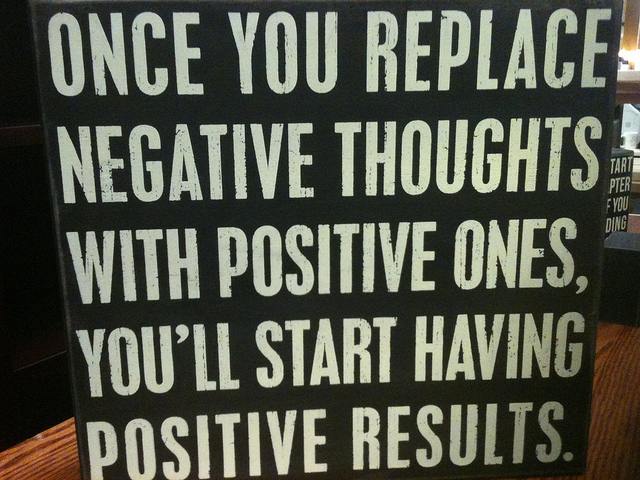Life can be stressful—juggling family, friends, your career, and the daily grind of bill paying and errand-running. Don’t get overwhelmed! You don’t have to turn to therapy and medication. Instead of letting life give you panic attacks, try these ten simple habits that can help you live without anxiety.
1. Create boring routines.
If you’re doing the same thing, day after day, then you don’t have to worry about an unknown variable throwing off your entire day. Have a certain way you drive to work every morning, and go home the same way each afternoon. Work out a routine for your work day that ensures you get everything done without feeling pressed for time. Check your email first thing, work on projects right after lunch when your energy levels are high. Knowing what’s coming up in your day will reduce your anxiety about the unknown.
2. Write down your thoughts.
Keep a journal. It might sound juvenile or time-consuming, but it helps! Writing down your thoughts gets them out of your head; you might feel more relaxed if you have them written down, but don’t have to think about them as often. Seeing them on paper might also help you work through them more logically than when they’re bumping around in your mind.
3. Study your anxiety.
When you feel anxious, stop and think about what is making you feel that way and why. Learning what sets off your anxiety can help you gain control of it in the future, and possibly even figure out how to prevent it! If you always feel anxious when you have a stressful deadline at work, you’ll know to ask your boss for an extension, or to start the project earlier. There are ways to combat and control your anxiety, once you know its source.
4. Accept the discomfort.
When you start feeling anxious, accept it! No one likes feeling uncomfortable, but if you stop getting frustrated at the sensation, then you can help control your anxiety. The discomfort of an anxiety attack often feels so overwhelming that it leads to more and more panic, prolonging the attack unnecessarily. Accept your feelings and see how it helps you keep your anxiety under control.
5. Exercise daily.
Physical exercise greatly helps combat feelings of anxiety and depression. Instead of moping around the house, letting your thoughts control your emotions, get active! Join a gym and make up a workout routine. Run around your neighborhood. Do stretches, crunches, lift weights! Keeping your body active will keep your mind occupied, and as an added bonus, it will wear you out so you’ll fall asleep easily, without tossing and turning while anxious thoughts take over your brain.
6. Take time to relax.
It sounds like the opposite of exercising, right? Work hard, play hard! Trying to pack your day too full is one way to find yourself overcome by anxiety. Don’t be afraid to say no to certain people or events in order to keep time for yourself. When you relax, relax completely. Don’t watch TV or stay connected to your phone. Let your mind go blank and let your body go limp and see how refreshed you feel when you get up.
7. Distract yourself.
Your mind is too good at imagining the worst that could happen in any situation, and worrying about that before it even happens. When you start to feel anxious, your brain latches onto this feeling and won’t let go until you’re having a full blown attack. You have to take control and distract your own mind. Do logic puzzles, math problems, or say the alphabet backwards. These seem like simple solutions, but the problems themselves are complex enough to consume your brain and let all the anxiety float away.
8. Stop drinking caffeine.
It’s hard, I know! In fact, trying to stop drinking caffeine might be enough to distract yourself, as the last tip recommended! But caffeine is a stimulant, and consuming copious amounts will amp you up and keep you from sleeping. Caffeine is known to improve your alertness, concentration, and memory, but too much, or if you’re already inclined to anxiety, then these positive factors quickly turn into a pounding heart, inability to focus, and the jitters. Cutting caffeine will mean you’re cutting something that more than likely helps bring on anxiety attacks.
9. Stimulate positive thinking.
Even if you feel down in the dumps and it seems impossible, make yourself think positive! Anxiety can’t last forever, and stress will fade away before long. Push yourself to turn every situation that’s bothering you into something positive. Tell yourself that your anxiety is unfounded, and will pass before you know it.
10. Have a support group.
This doesn’t mean you have to enroll in group therapy—it just means having a group of people you can talk to and rely on. It’s important to be able to be honest with others, so make sure your circle is full of people you trust. You’ll feel better if you can share your feelings, and you’ll get better feedback and advice.













































